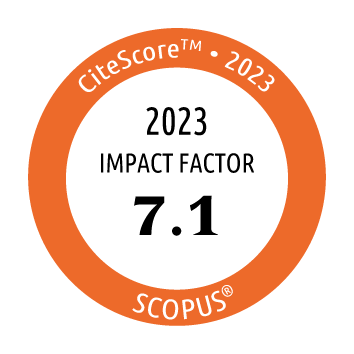|
T Chivato,1 E
Valovirta,2,3 R Dahl,4 J de
Monchy,5 A Bloch Thomsen,6 S
Palkonen,7 L Jacobsen8 |
|
1Facultad de Medicina Universidad CEU
San Pablo, & Hospital Madrid (Grupo HM) Madrid, Spain
2Terveystalo Turku Allergy Clinic, Turku, Finland
3Department of Clinical Allergology, University of
Turku, Finland
4Department of Respiratory Diseases, Aarhus University
Hospital, Aarhus, Denmark
5Department of Allergy, Universitair Medisch Centrum
Groningen, Groningen, The Netherlands
6Formerly: ALK-Abelló, Hørsholm, Denmark (Currently:
Novo Nordisk A/S, Søborg, Denmark)
7European Federation of Allergy and Airways Diseases
Patients Associations, Brussels, Belgium
8Research Centre for Prevention and Health, Glostrup
University Hospital, Glostrup, Denmark; ALC, Copenhagen,
Denmark |
|
Abstract |
|
Background:
Allergy Living and
Learning (ALL) is a
European initiative
designed to increase
knowledge and
understanding of
people living with
allergies in order
to improve
respiratory allergy
care.
Objectives:
To investigate
diagnostic and
treatment patterns
associated with
respiratory
allergies, patients
perception of their
treatment, and
restrictions on
daily activities.
Methods:
Using a
telephone-based
randomized screening
method, we recruited
and analyzed 7004
patients (aged 16-60
years) with
self-reported
respiratory allergic
disease from 10
European countries.
Patients answered
questions assessing
their knowledge,
experience, and
perception of their
condition and its
treatment. Data
analyses were
descriptive.
Results: The
most prevalent
conditions were
allergic rhinitis
(66%) and asthma
(26%), and the
average duration of
the symptoms of
respiratory allergy
was 14.5 years. Over
30% of patients had
never had a specific
diagnostic test.
About 80% of
patients used
medication for their
respiratory allergy,
and 10% of those not
receiving treatment
had severe symptoms.
One-third of
patients were not
satisfied with their
treatment, and
two-thirds
experienced
restrictions in
daily activities.
Medication was most
commonly taken in
the form of tablets
and nasal spray.
Allergy-specific
immunotherapy was
received by 16% of
patients. Knowledge
of specific
immunotherapy was
low overall and
varied widely by
country: 30% of
patients (country
range, 10%-52%) had
never heard of this
treatment option.
Conclusions:
A notable proportion
of individuals with
respiratory allergy
in Europe are
underdiagnosed,
undertreated, and
dissatisfied with
their treatment.
Addressing these
shortcomings may
help to optimize
respiratory allergy
care and,
ultimately, quality
of life.
Key words:
Allergy diagnosis.
Allergic rhinitis.
Asthma.
Pharmacological
treatment. Allergy
medication.
Allergy-specific
immunotherapy.
|
|
|
|
| |
|
|




